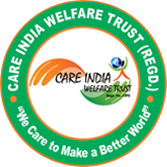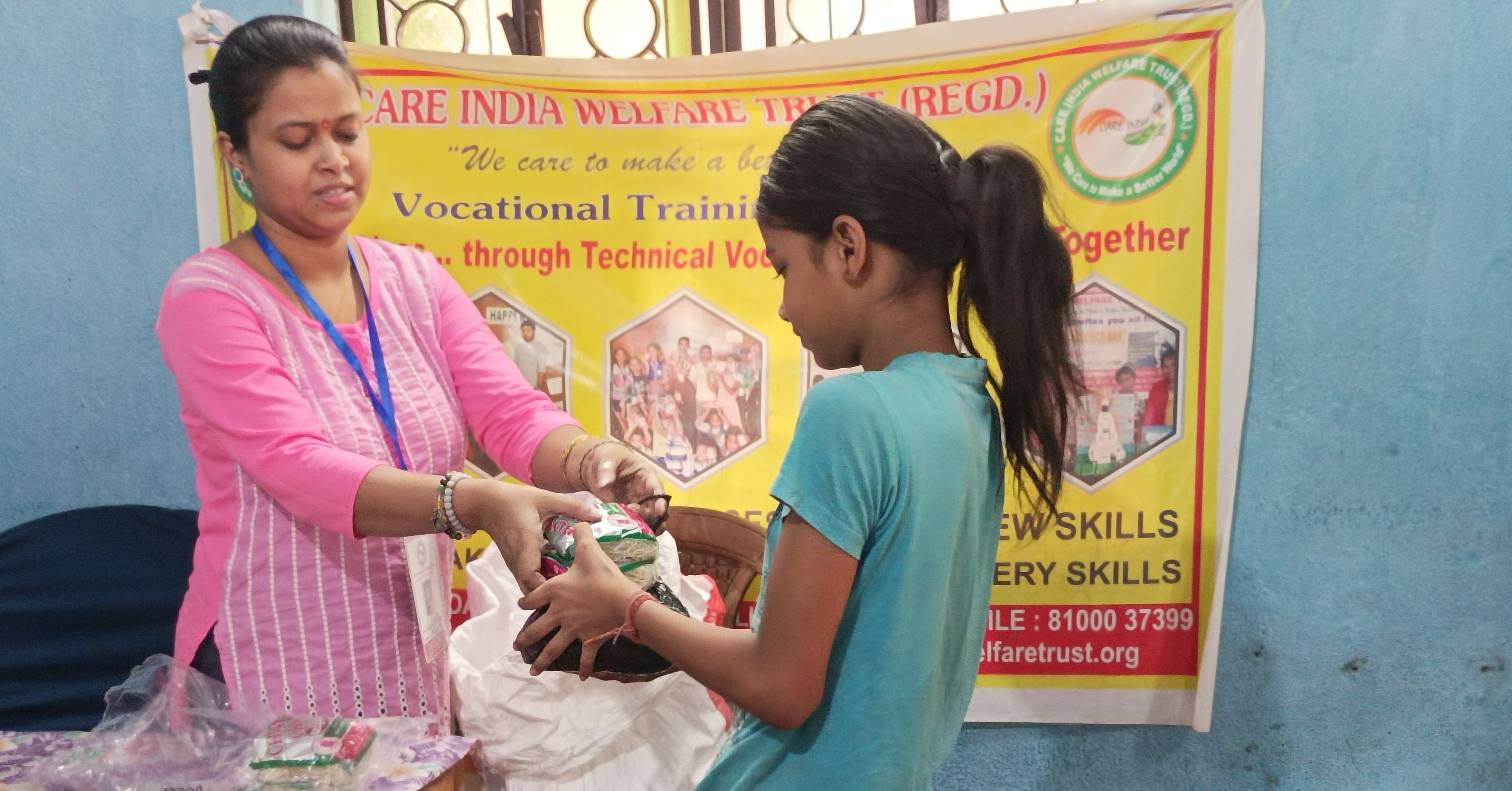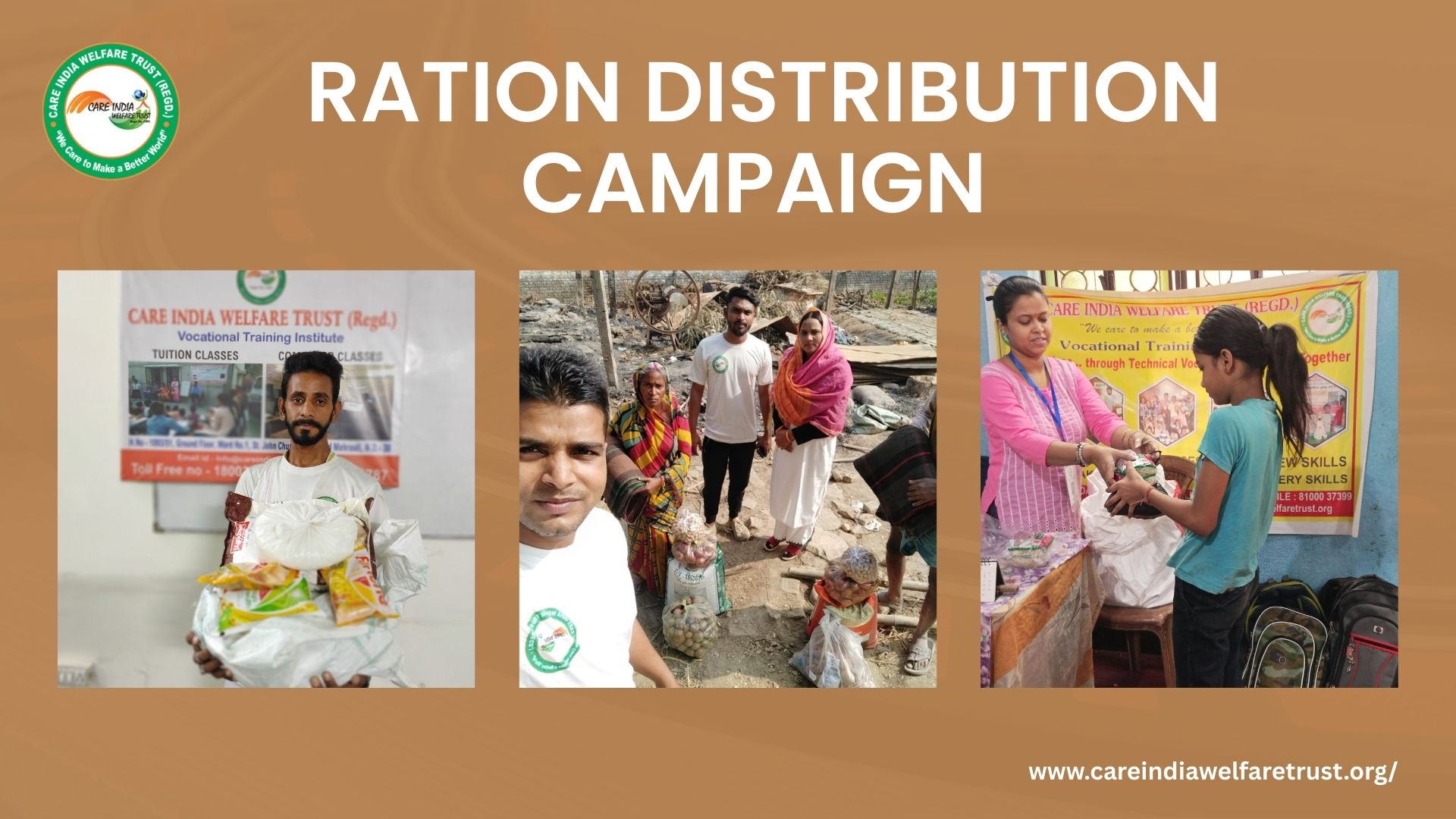Imagine a society where every household ends the day with full plates and hopeful hearts. The “No One Sleeps Hungry” initiative embodies this aspiration, serving as a beacon of optimism against the backdrop of food insecurity in India. Hunger is not just an empty stomach; it ripples through the social fabric, undermining health, education, and dignity for millions. Over 12% of India’s population remains undernourished, with children and women most affected by this silent crisis. The campaign’s message is profound: ending hunger transforms every aspect of life, from physical well-being to social progress. With growing urbanization and unstable incomes, many families struggle to afford even basic meals and often rely on free rations to survive.
This is why giving food to the needy, supporting NGOs for food donation in Delhi, or finding an NGO for food donation near me can make a huge difference. By placing hope at the center, this movement rallies communities, organizations, and donors alike. Success stories emerge from every ration kit delivered, showing that food for the hungry is more than survival—it is dignity. Acts like giving food to poor or choosing to donate food price online show how compassion can spark structural change. “No One Sleeps Hungry” is not just a slogan—it’s a call to action, uniting diverse stakeholders in pursuit of a future where food is a right, not a privilege. It represents both the urgency and the possibility of eradicating hunger, inspiring collective action to build an India where every person rests nourished, secure, and ready for tomorrow.
The Growing Challenge of Hunger in India
India’s hunger crisis is a paradox sharpened by economic progress. While some segments advance, millions remain caught in the grips of chronic food deprivation. Recent data reveal striking disparities: nearly 172 million Indians are undernourished, and over 37 million children under five experience stunting due to a lack of a proper diet. High food prices often make nutritious items like pulses, milk, and fruits unaffordable for low-income families. Micronutrient deficiencies and anemia plague women and children, perpetuating cycles of poor health. Food insecurity is deepened by factors like unemployment, unstable agricultural income, climate change, and inadequate public services. Many families also depend on free rations to meet their daily nutritional needs.
In such situations, many families look for food distribution for poor near me, food donate near me, or even leftover food donation near me to survive. Government schemes, such as the Public Distribution System (PDS) and PM POSHAN, have improved access, but gaps remain, especially among rural and marginalized groups. That is why the role of a food donation NGO, ration distribution by NGO near me, and grassroots initiatives by NGO near me become so important in bridging these gaps. Dual burdens of undernutrition and rising obesity further complicate the picture. However, awareness of the issue has steadily grown, driving more targeted policy interventions and social campaigns. Confronting this challenge requires not just relief aid, but structural reforms, nutritional education, and grassroots mobilization. The challenge is immense, but so is the collective will to overcome it—turning problems into opportunities for transformative action.
Care India Welfare Trust’s Mission to Fight Food Insecurity
At the heart of the hunger-relief movement stands Care India Welfare Trust, an organization that goes beyond simple donation efforts to deliver lasting impact. Their mission is rooted in both emergency aid and long-term empowerment. By working closely with communities, they identify the most urgent needs and craft solutions tailored for those facing acute deprivation. Many people searching for food donate near me, food donation near me, or even ngo for food donation near me often connect with the Trust to support its work. The Trust’s programs include distributing nutritious ration kits, organizing kitchen gardening classes, and providing nutritional awareness workshops. For families struggling to find free food in Delhi or depending on food distribution for poor, these initiatives provide both relief and dignity.
Their reach extends to urban slums and remote villages alike, ensuring no one is left behind. Technology and transparency are central to their model—digital tools track distributions and monitor beneficiary progress. Donor support acts as a catalyst, multiplying the reach and quality of intervention, while strong partnerships with local volunteers build trust inside communities. The organization also listens to feedback, adapting efforts based on changing ground realities. This mission transforms charity into a partnership: recipients are empowered to participate, grow, and eventually contribute to others. The Trust’s vision is a food-secure India, driven by compassion and efficiency, where everyone enjoys the opportunity to thrive, not just survive.
Ration Distribution: More Than Just Food, A Lifeline
For families on the edge, ration distribution marks the difference between despair and survival. These essential kits typically contain rice, wheat, lentils, cooking oil, and sometimes, hygiene items—catering to a family’s basic needs for several weeks. Yet, the impact stretches beyond nutrition. Regular food access means children can attend school rather than work for wages, mothers regain strength to manage households, and elders live with dignity. During emergencies like pandemics or floods, ration kits offer immediate relief where other support may take time to arrive. The process is marked by respect: beneficiaries are registered, consulted, and treated as equals, never as mere recipients.
Each ngo food distribution drive, supported by donors and volunteers, builds trust in communities, showing solidarity in tough times. Many people often wonder, “Where can I donate food items?” or search for food donation near me to help. By donating food to poor in India through these campaigns, individuals contribute directly to survival and dignity. Efforts like food distribution for poor in India are not just about feeding families but also about giving them hope. Over time, ration kit programs inspire community participation, with recipients often returning as volunteers. From hunger relief to empowerment, the humble packet of grains becomes a lifeline, supporting not only the body but also the soul of struggling families.
Stories of Hope: Families Touched by the Campaign
Behind every statistic lies a human story. The “No One Sleeps Hungry” campaign is filled with tales of hope where donor support has changed destinies. Take, for instance, the journey of Meena, a young widow from Bihar, who could finally send her children to school thanks to regular ration support. Or Ramesh, an elderly shopkeeper whose failing eyesight left him jobless until the Trust began food distribution in his area. These stories are echoed across India—children once malnourished now excelling in academics, mothers finding time for income-generation, and elders regaining strength and confidence.
Families speak of gratitude not just for meals but for the compassion that arrived in a time of crisis. Many former beneficiaries become vocal advocates, educating neighbors about nutrition or volunteering during distribution drives. The ripple effect extends far: a child with a full stomach is more likely to learn, grow, and break the poverty cycle. Each narrative reflects the transformative power of a meal—restoring hope, dignity, and possibilities. Donor contributions fuel these real-life miracles, proving that even small acts of kindness can create monumental change.
Community Participation: Together We Can End Hunger
Ending hunger is not the work of one individual or organization—it is a community effort, strengthened by diverse hands and voices. Care India Welfare Trust makes community participation central to its strategy, recognizing that local involvement ensures sustainability and relevance. Volunteers support mapping vulnerable households, organizing food drives, and distributing ration kits efficiently. Local leaders, women’s groups, and schools contribute by spreading awareness and monitoring impact. Donors amplify these efforts, enabling the purchase of larger quantities of food, funding educational workshops, and scaling best practices.
The involvement of multiple stakeholders fosters a sense of ownership—hunger is seen not as a charity case, but a community challenge to solve together. Unity in action transcends boundaries of caste, religion, and class, nurturing solidarity and social capital. Even small acts, like sharing a meal or hosting events, help build resilient neighborhoods. Regular feedback mechanisms encourage transparency and continuous improvement. Together, these efforts multiply the campaign’s impact, making the dream of a hunger-free community attainable and authentic.
Beyond Ration Kits: Building Sustainable Food Security
Temporary aid may solve immediate hunger, but true progress comes from sustainable solutions. Recognizing this, Care India Welfare Trust invests in projects that promote food security for the long run. Initiatives such as kitchen gardening empower families to grow their own vegetables, reducing dependence on charity. Nutrition workshops educate communities about balanced diets and healthy cooking, while training programs support women’s income generation through food enterprises. Partnerships with local farmers encourage crop diversity and affordable access to fresh produce.
Technology aids progress, from digital tracking of supplies to mobile apps providing tips in local languages. Donor funding is vital for piloting innovative programs and sustaining long-term change. Sustainable food security breaks the cycle of dependency, enabling families to weather economic shocks and health crises. The ultimate goal is self-reliance—the ability of every individual to access nutritious food through their own means. Moving beyond ration kits, these holistic programs create a legacy of empowerment, health, and dignity that will last for generations.
How You Can Contribute to the Cause
Every person can make a meaningful difference in the fight against hunger. Donations—big or small—help fund ration kits, support nutrition education, and seed sustainable food security projects. Volunteering time during food drives, teaching nutrition, or helping with logistics offers irreplaceable human support. Spreading awareness on social platforms increases campaign visibility, inspiring more donors and partners to join. Organizing fundraising events, birthday donation campaigns, or school-based food collections can multiply impact.
Care India Welfare Trust makes it easy to participate, with online portals for transparent donations and regular impact reports. Collaboration can extend to local businesses that sponsor rations or provide transport. Even sharing personal stories about hunger encourages empathy and broader action. Each contribution not only fills a plate but ignites hope in someone’s life. By getting involved, contributors become part of a larger movement—champions for dignity, health, and opportunity. The campaign stands as a reminder: when society comes together with generosity and care, hunger has nowhere to hide.
A Future Where No One Sleeps Hungry
Envision an India where every household ends the day fed and fulfilled—where hunger is a memory, not a fundamental threat. This future, achievable through sustained collective action, is more than a distant dream. Each partnership, donor contribution, and volunteer hour brings this goal closer, transforming hope into reality. Reducing hunger improves national vitality: children grow healthier, adults pursue opportunities, and elders live with confidence. Progress requires continued innovation—community-led kitchen gardens, affordable market linkages, and nutrition-focused policies.
The journey is filled with challenges, but the momentum provided by campaigns like “No One Sleeps Hungry” is evidence of what’s possible. As success stories multiply, the movement inspires broader ambitions: ending hidden hunger, eliminating micronutrient deficiencies, and nurturing resilience in the face of adversity. Ultimately, a hunger-free nation means dignity for all and a foundation for sustainable development, peace, and prosperity. Every supporter, every act of kindness, helps shape this brighter tomorrow—one meal, one life at a time.
Be the Reason Someone Sleeps with a Full Stomach
Join the “No One Sleeps Hungry” campaign and help feed families in need. Your support provides not just food—but hope, dignity, and a chance at a better future.
Your contribution can:
- Feed a family for weeks
- Support children’s education
- Empower communities toward self-reliance
Make a difference today:
- Donate online
- Partner with Care India Welfare Trust
- Volunteer or spread the word
Act now. Because no one should go to bed hungry.
Donate Now On This https://careindiawelfaretrust.org/donate-new.htm#donate
Looking for “food donation near me”? We’ll deliver your kindness to those who need it most.


